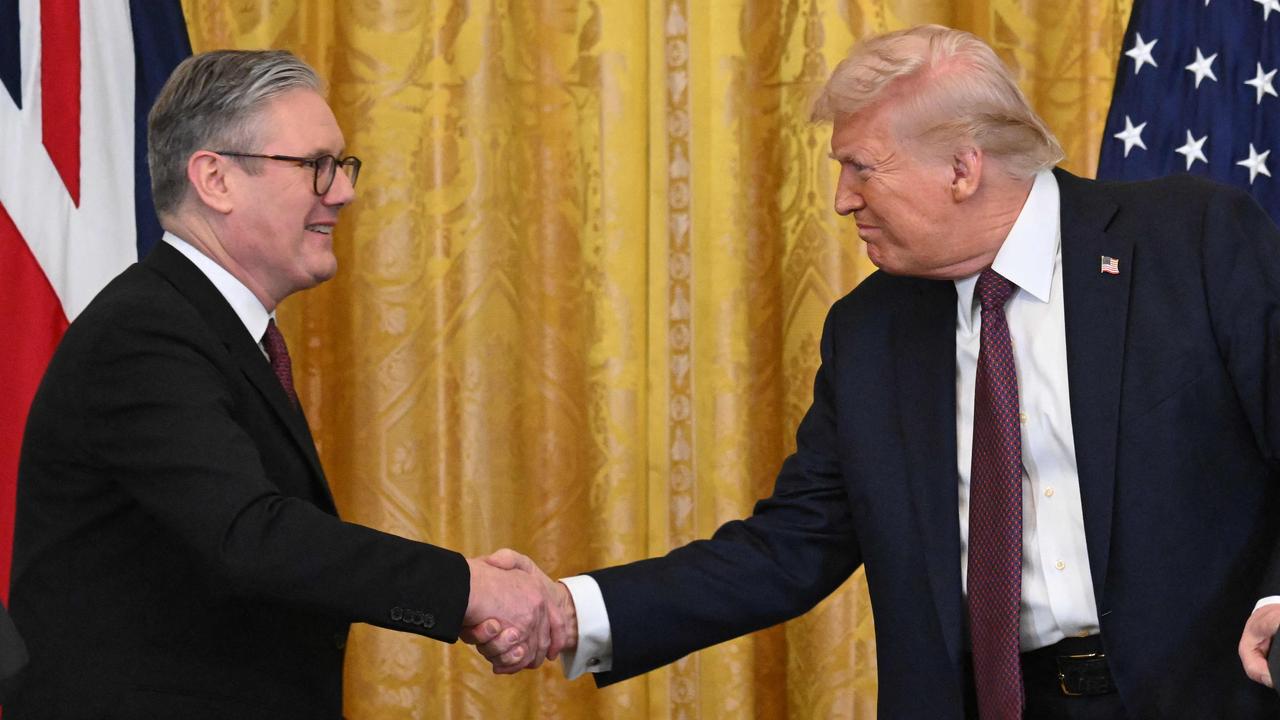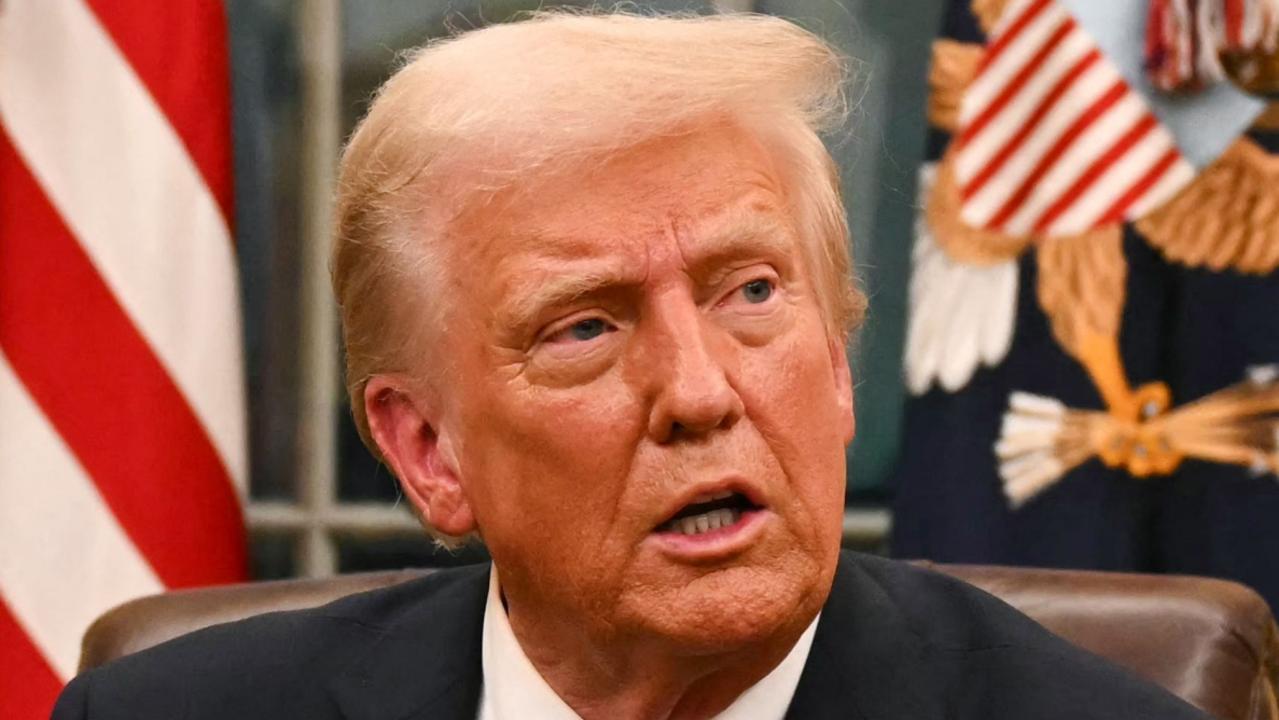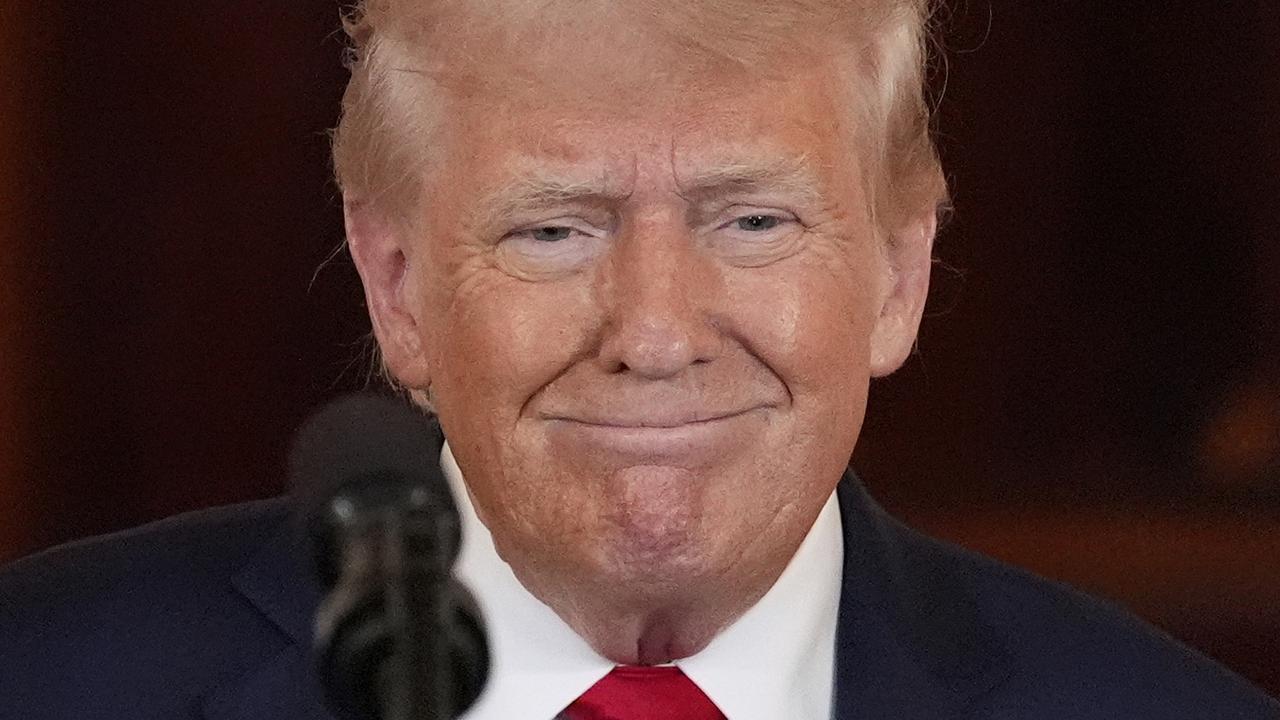Trade in Services Agreement could see international childcare providers enter the Australian market
A SECRET deal being negotiated in Geneva could see giant international childcare providers enter the Australian market.
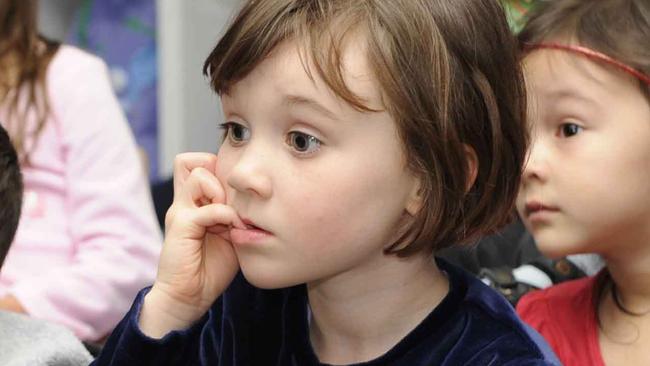
A HIGHLY secretive deal being negotiated in Geneva could see giant international childcare providers enter the Australian market with more limited future government control on how they operate.
More than 50 mostly wealthy countries calling themselves the “Really Good Friends of Services” are currently in talks for the Trade in Services Agreement (TiSA) to encourage global investment in services such as childcare, aged care and financial advice.
Very little information is publicly available about the negotiations but WikiLeaks has released documents that have some experts worried.
The leaked documents reveal TiSA could see deregulation of services such as banking, financial, e-commerce, professional consulting, transport, health and other human services such as child care and aged services.
It could see rules simplified to make it easier for foreign companies to operate in Australia and some fear this could prioritise corporate profits and curtail regulation.
Australian Fair Trade and Investment Network co-ordinator Dr Patricia Ranald said allowing more foreign investment and limiting the ability of future governments to regulate services in the public interest, could encourage the domination of giant global services companies in areas like childcare and aged care at the expense of public, local and not-for-profit services.
Dr Ranald is also concerned that TiSA could limit the ability of governments to introduce new regulations, for example requiring child care workers to have extra qualifications in the future.
This is despite the leaked draft showing Australia does support a draft clause recognising the right of countries “to regulate, and to introduce new regulations, on the supply of services within their territories in order to meet their public policy objectives”.
Dr Ranald said she was still concerned about the agreement’s impact on the local industry. It also appears that Australia is one of the countries who is pushing for deregulation as it already has a well-developed services sector that could readily be exported overseas.
“We are currently having a debate in Australia on how to ensure good quality services, to make sure that people are properly qualified, and that you have enough staff for the children they are caring for,” Dr Ranald told news.com.au.
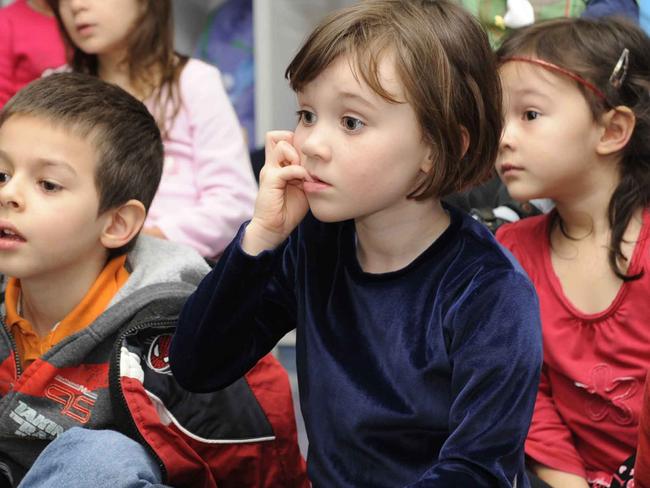
“The problem with TiSA is that it could make it more difficult for governments to regulate in three areas: licencing, qualifications for staff and technical standards, which could mean anything from the standard of care, to the standards applying to a building.”
However, Professor Tania Voon of Melbourne Law School urged caution in reading too much into the leaked documents.
Prof Voon said it was not possible to know from the documents available what industries Australia had committed to deregulating and whether child care and aged care was included.
SECRECY IS UNDEMOCRATIC
The secrecy around the agreement is a big issue that a recent Senate inquiry criticised. Currently trade agreements like TiSA can be signed off by the cabinet, without any of its details being debated in parliament or seen by the public.
Some have said this means the government could sign Australia up to measures in areas as diverse as medicine, copyright, food regulation and labour rights, that would not normally be passed in parliament, therefore bypassing the democratic process.
Dr Ranald said the agreement should be made public and debated, before it is signed.
Prof Voon agrees that the lack of transparency was an issue.
“By the time it gets to the point where the parliament reviews it, it’s too late to change,” Prof Voon.
“I think that there should be greater transparency. I understand how difficult it is to negotiate, to make public everything they are proposing, but I think it would help in being democratic.
“It’s more of an issue with big agreements that Australia signs, which are negotiated for months or years, reopening negotiations on those I think would be very difficult.”
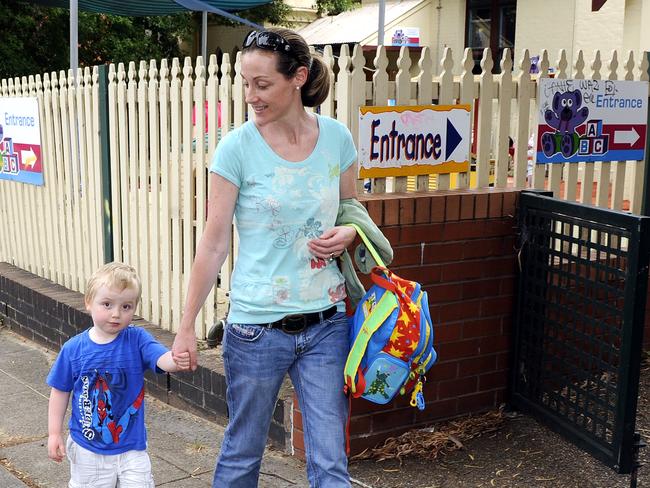
A CAUTIONARY TALE
Currently, the largest childcare provider in Australia is not-for-profit provider Goodstart Early Learning, which has 641 childcare centres nationwide. The story of its rise to prominence should also act as a warning, Dr Ranald said.
Goodstart took over what was once the world’s largest provider of early childhood education services, ABC Learning centres, following the company’s high profile collapse in 2008. ABC’s demise highlighted the risks of relying on the private sector, Dr Ranald said.
“It (ABC) behaved like any other company would, it borrowed money at the height of the boom and then it collapsed, many were left without child care and the government had to step in and help it transition to a new owner,” Dr Ranald said.
A 2013 article in the New Republic, also paints a scary picture of how unsafe and expensive a barely regulated child care system can be — describing a horrific scenario in the US, where a child died in a fire in an unregulated home care centre.
“A 2007 survey by the National Institute of Child Health Development deemed the majority of operations to be ‘fair’ or ‘poor’ - only 10 per cent provided high-quality care,” the article states.
“Depending on the state, some providers may need only minimal or no training in safety, health, or child development.
“ChildCare Aware of America, an advocacy group, calculated that, proportionally, about 9 per cent of all reported SIDS deaths should take place in child care. The actual number is twice that.”
AUSTRALIA IS PUSHING FOR AGREEMENT
Australia and the US actually pushed for TiSA. Talks came about after the Doha negotiations reached a stalemate. One of the main sticking points of Doha was over agricultural subsidies that the European Union and the United States wanted to keep. However, a number of countries wanted to move forward on a trade in services agreement.
These mostly wealthy countries call themselves the “Really Good Friends of Services” group and consist of the EU, which includes 28 countries, along with 24 other countries such as Australia, the United States, New Zealand, Japan, Canada, Turkey, Switzerland, Mexico, Iceland and Israel.
Together, these countries account for over 70 per cent of world trade in services. China and Mauritius have also asked to join the talks.
Australia will chair the next round of negotiations for TiSA from July 6 to 10.
TiSA complements two other global trade agreements currently being negotiated, the Trans-Pacific Partnership (TTP), and the Transatlantic Trade and Investment Partnership (TTIP).

